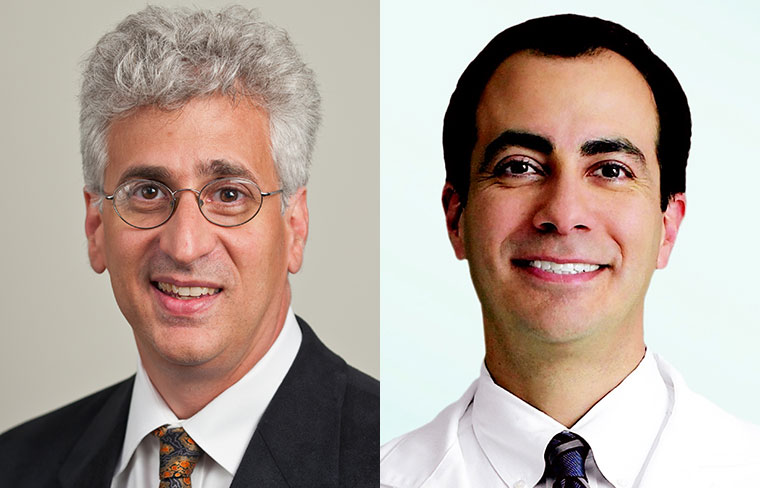
Drug-induced liver injury (DILI) is seen by every practicing gastroenterologist, not just liver specialists, according to Robert J. Fontana, MD, FAASLD, professor of medicine at the University of Michigan Health System, Ann Arbor, who will moderate Monday’s AASLD State-of-the-Art Lecture Drug-Induced Liver Injury in the GI Practice.
“The topic is very important because patients diagnosed with DILI can end up with some pretty significant liver injury, including hospitalization or the need to undergo a liver transplant,” said Dr. Fontana, who cited a study that estimated as many as 44,000 people in the U.S. experience DILI annually.
During Monday’s session, Victor Navarro, MD, FAASLD, co-chair of transplantation and hepatology at Einstein Medical Center in Philadelphia, PA, will discuss some of the most common agents implicated in DILI, particularly antibiotics such as amoxicillin-clavulanate.
“For specialists, the most common culprits will vary,” Dr. Navarro said. “For oncologists, new drugs called checkpoint inhibitors are associated with DILI. In contrast, cardiologists should be aware that although patients are frequently concerned, statins are rarely the cause of serious injury.”
Some dietary supplements, such as those used for bodybuilding and others containing green tea extract, can also cause DILI.

Dr. Navarro will provide a general description of how patients may present with DILI, and the differential diagnosis used to determine that a certain drug or supplement is the cause of the injury. He will also discuss approaching diagnoses using phenotypic presentation, or pattern recognition.
“If a clinician recognizes a pattern of injury and a patient is taking a certain drug, they can say that the drug caused the injury with a reasonable degree of confidence,” said Dr. Navarro, who will also discuss the appropriate clinical management of DILI.
“There are not many antidotes or treatments for DILI. By and large, once it’s recognized, the management is stopping the offending agent and observing the patient,” Dr. Navarro said. “I will discuss some potential treatments, but identifying which patients are likely to have poor outcomes is even more important.”
Dr. Navarro will also emphasize the importance of reporting DILI to the U.S. Food and Drug Administration once it’s detected. For attendees interested in learning more about DILI or staying up to date on the most recent developments, Dr. Fontana recommended two resources: the Drug-Induced Liver Injury Network website (https://dilin.org) and the National Institutes of Health’s Liver Tox website (https://livertox.nih.gov).
Please refer to the DDW Mobile App or the Program & Exhibits section for the time and location of this and other DDW® events.



